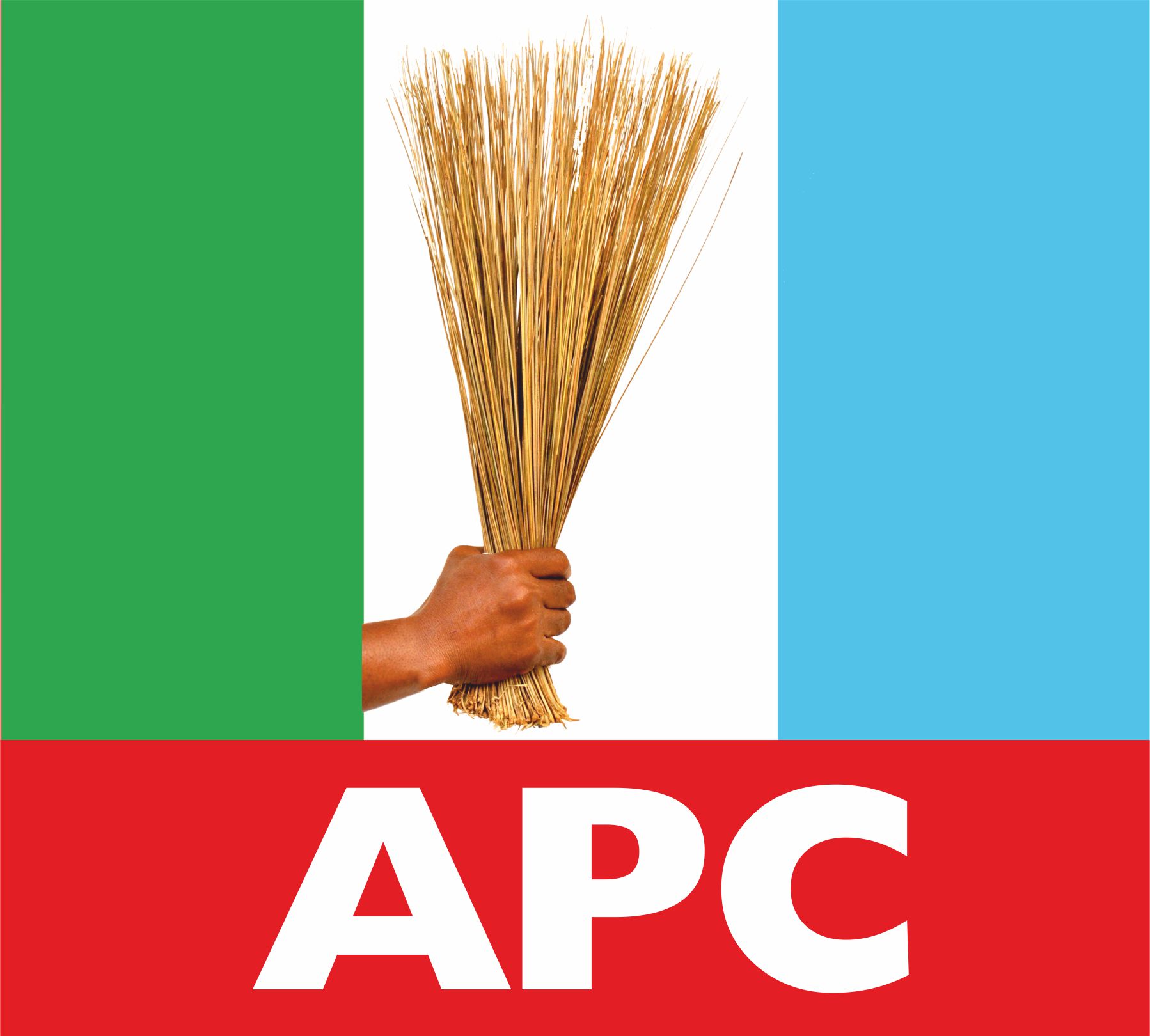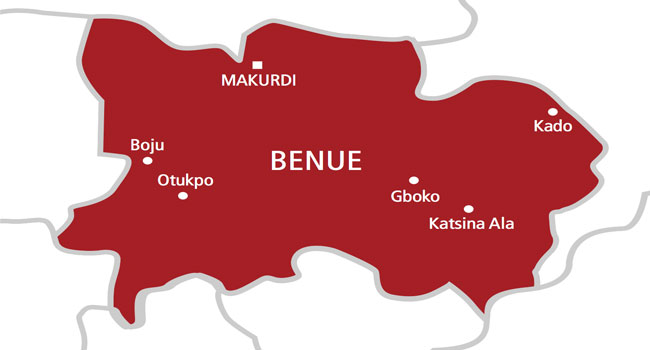High interest rates, along with short loan tenures, also pose impediments to financing. The central bank chose to hold the key interest rate at 14% at the end of March as part of efforts to contain inflation, which stood at 18%.
The licensing of a new state-owned SME bank in Nigeria should address a longstanding key obstacle to broad-based growth in Africa’s largest economy.
In a key move, March saw the Central Bank of Nigeria (CBN) approve the licence for the Development Bank of Nigeria, whose role will include supporting small businesses by offering them competitively priced financing in the form of loans with lower than usual rates of interest and longer tenures.
The government is seeking external financing for the new institution and is currently awaiting approval for the loan facility from the national assembly. Should the proposal be accepted, the bank will receive $1.3bn in seed money from development finance institutions. The World Bank will contribute $500m along with $450m from the African Development Bank, $200m from the German Development Bank and $130m from the French Development Agency. The lender is also in talks with the European Investment Bank for further financing.
Small players, big impact
The new bank will look to remedy what has long been a significant hurdle to stoking more inclusive growth in Nigeria. Data from the Small and Medium Enterprises Development Agency of Nigeria (SMEDAN) show that 96% of the country’s businesses are classified as SMEs, and they contribute 75% of national employment and account for as much as half of total GDP.
However, as is the case across the continent, a lack of finance is a major problem for smaller-scale ventures, especially new entrants. In a recent National Bureau of Statistics/SMEDAN survey, 73.24% of micro, small and medium enterprises (MSMEs) cited financial assistance as their number one priority. According to the bureau’s findings, only 4.2% of 17.2m MSMEs had managed to access loans or overdrafts from financial institutions.
Although there is ample liquidity in the local market, banks are often unwilling to lend to SMEs, with a lack of credit history and collateral among the reasons given for their caution. Broader lending growth has slowed in Nigeria, plateauing in 2016, as banks moved to protect themselves from rising numbers of non-performing loans (NPLs), which doubled over the year to reach 13% of total loans.
High interest rates, along with short loan tenures, also pose impediments to financing. The central bank chose to hold the key interest rate at 14% at the end of March as part of efforts to contain inflation, which stood at 18%.
Additional assistance
The Development Bank of Nigeria is only one aspect of the government’s push to increase SME lending. A national collateral registry set up in 2016, meanwhile, aims to help SMEs overcome another hurdle by making movable assets acceptable security for loans. The measure is expected to prove particularly useful for smaller enterprises operating in the informal sector.
Launched in May 2016, the registry became operational in November as an online system to allow borrowers and lenders to register assets such as machinery, livestock and inventory, while also allowing lenders to determine security interests.
Nigeria’s foreign exchange (forex) crisis has also hampered SME access to finance. Low oil prices and the ensuing recession last year forced the government to dip into dollar reserves, creating shortages and leading to a high black market exchange rate. Larger companies often have better access to Nigeria’s foreign exchange as they can better meet the requirements of the CBN to purchase dollars.
Guardian










